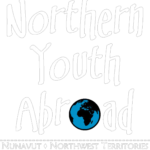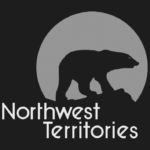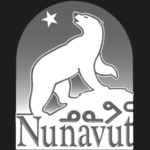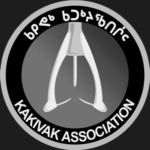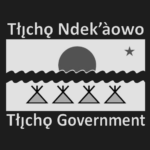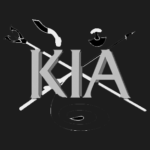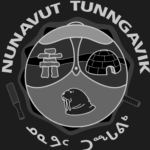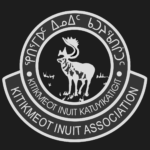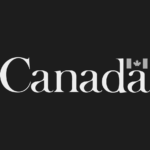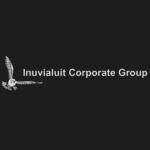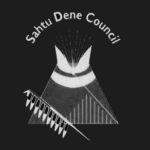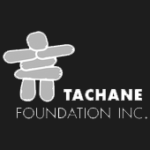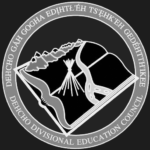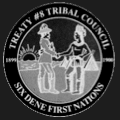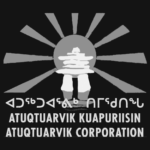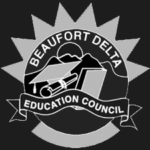Written by Jordan Takkiruq
Last week I was able to have a chat with Jennifer Sokol, Senior Policy Analyst at Polar Knowledge Canada (POLAR). We talked about the creation of polar knowledge, job opportunities, and current projects they have been working on. Growing up I have always had an interest in science, participating in numerous science fairs and camps. Currently a Bachelor of Science Student at Mount Allison University, I wanted to learn more about what my options are for when I graduate. Thanks to Northern Youth Abroad’s (NYA) connections they got me in touch with POLAR.
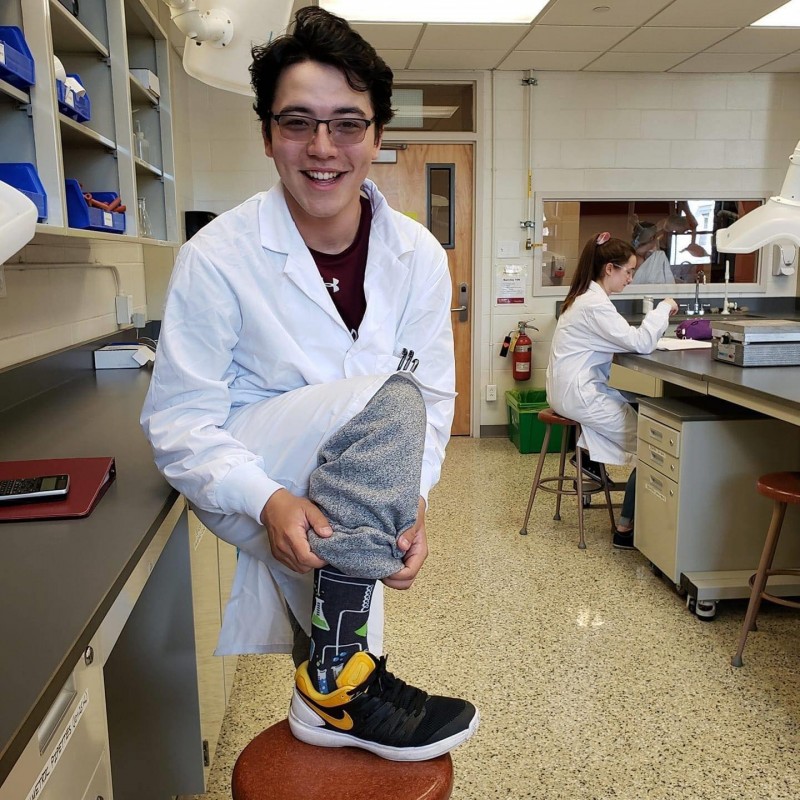
During our call, Jennifer explained that infrastructure was needed in the north to promote science and research as well as involvement with northern communities. Ensuring partnerships were developed with Inuit was also noted, and this led to the construction of the Canadian High Arctic Research Station (CHARS) campus, a building that incorporates traditional knowledge with science. POLAR is the organization that was tasked with operating the research station and to build capacity in science in the north. Having headquarters in the north is key to a successful partnership; for the north by the north.
POLAR offers many government entry level positions in science, policy, admin, and even as technicians. New staff members receive support to learn skills they want to build on. This is accomplished either internally with POLAR, or externally with courses. There are positions for high school students and for post-secondary students and includes internships and co-op opportunities. Students and other staff have gone to conferences across Canada to present their work as well as see other research being done.
One recent project that POLAR has been working on with the Royal Canadian Geographic Society (RCGS), are floor maps for teachers. They are able to give a northern perspective to maps, having the arctic as the main part of the huge map. POLAR is also a supporter of ACTUA, an organization that brings science camps to northern communities. POLAR is striving to continue to co-develop their new science and technology 5-year framework for 2020-2025 with Indigenous organizations across the arctic. They have already started with Inuit Tapiriit Kanatami.
As an Inuit student who would like to work in the world of science someday, I really enjoyed my call with Jennifer. I am glad to be able to use NYA as a platform to share what I learned from POLAR. I hope to learn and share more opportunities for those interested in science and research. Specifically, about the environment and climate in the north. One day I will be researching climate change, that is my goal.
